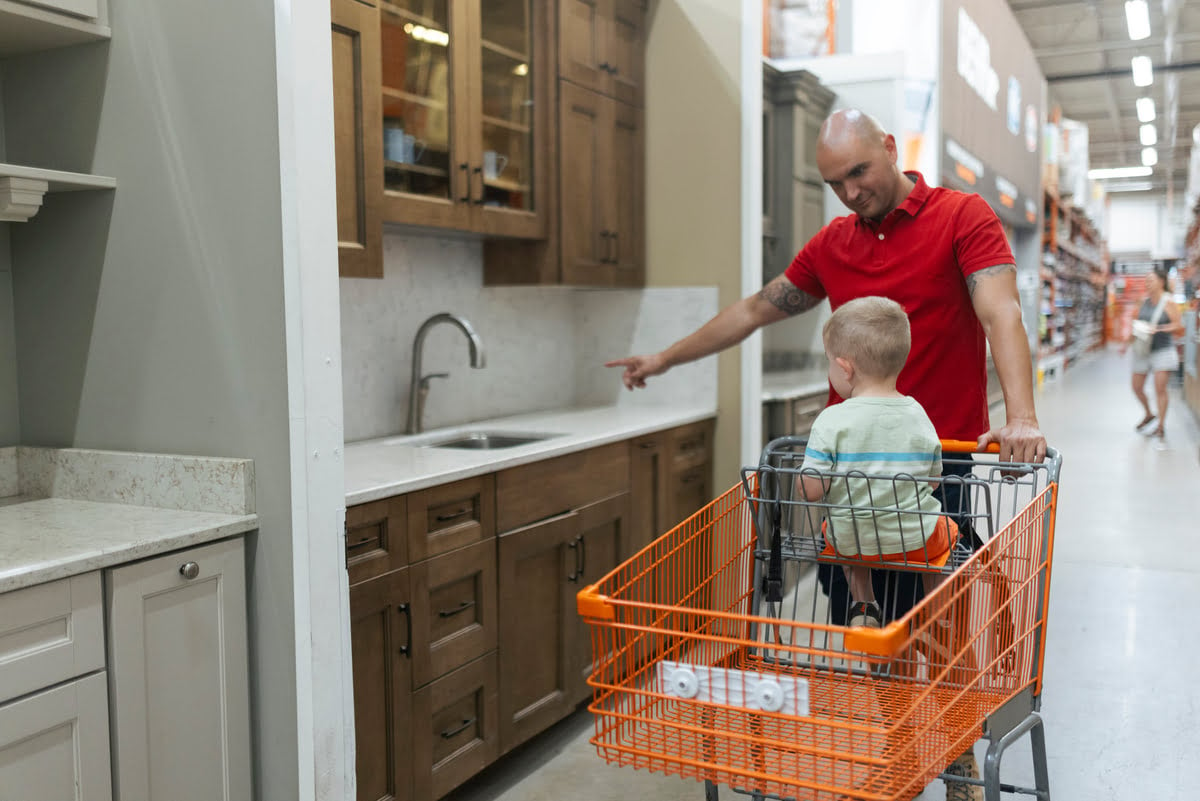Safeguarding your kitchen retail business: Strategies for ensuring continuity
Kitchen

Alan Coleman

Business continuity is a critical concern for all organisations, including those in the kitchen retail sector. Disruptions can arise from various sources, such as supply chain interruptions or economic instability, threatening the smooth operation of the business. So, what strategies can kitchen retailers use to ensure business continuity, and how can this impact a retailer's reputation and profitability?
Strategies for business continuity: There are several key strategies that kitchen retailers can adopt to ensure business continuity. Firstly, implementing a robust risk management plan can help identify potential threats and devise appropriate responses. This includes everything from monitoring supplier reliability to preparing for possible economic downturns.
Secondly, diversifying supply chains can mitigate the risk of disruptions. By having a variety of suppliers for different products, retailers can ensure a steady flow of goods, even if one supplier faces issues.
Finally, embracing digital transformation can enhance business resilience. From virtual consultations to digital inventory management, technology can offer tools to maintain operations, even in challenging circumstances.
Impact on reputation and profitability: Maintaining business continuity can significantly impact a kitchen retailer's reputation and profitability. Consistent, uninterrupted service not only ensures steady revenue but also builds trust with customers. They will appreciate the reliability and may become advocates for your brand, driving further business growth.
Success stories in business continuity: We have helped kitchen retailers across the world to successfully implement business continuity strategies. They have shown resilience in the face of adversity by proactively managing risks, diversifying their supply chains, and leveraging technology. These businesses have not only minimized disruptions to their operations but have also enhanced their reputation and profitability through their commitment to consistent service.
In conclusion, ensuring business continuity is vital for success in the kitchen retail industry. By implementing a solid risk management plan, diversifying supply chains, and embracing digital transformation, kitchen retailers can safeguard their operations and ensure their survival and growth. Not only does this ensure smooth operations, but it also strengthens their reputation and contributes to financial success. The time to start planning for business continuity is now. Don't wait until a disruption occurs to realize the importance of these strategic steps.
Related blogs

Five ways large retailers can stand out in the competitive kitchen products market
Wynn Grubbs is sharing five ways big retailers can thrive in the competitive kitchen products market. These approaches involve adopting technologies and strategies that foster innovation, consumer engagement, and operational efficiency, without significantly increasing their operating costs.

Software training and the value of saving time
Investing in the latest design technology can help kbb retailers establish that important point of difference, but with technology evolving at such a fast pace making the most of the tools at your disposal really does come down to making an investment in training.

The power of professionalism in every touchpoint
In the world of kitchen design and installation, it’s the final impression that often determines your reputation. A flawless installation can turn a good project into a great one, while a lackluster finish might tarnish even the best design.